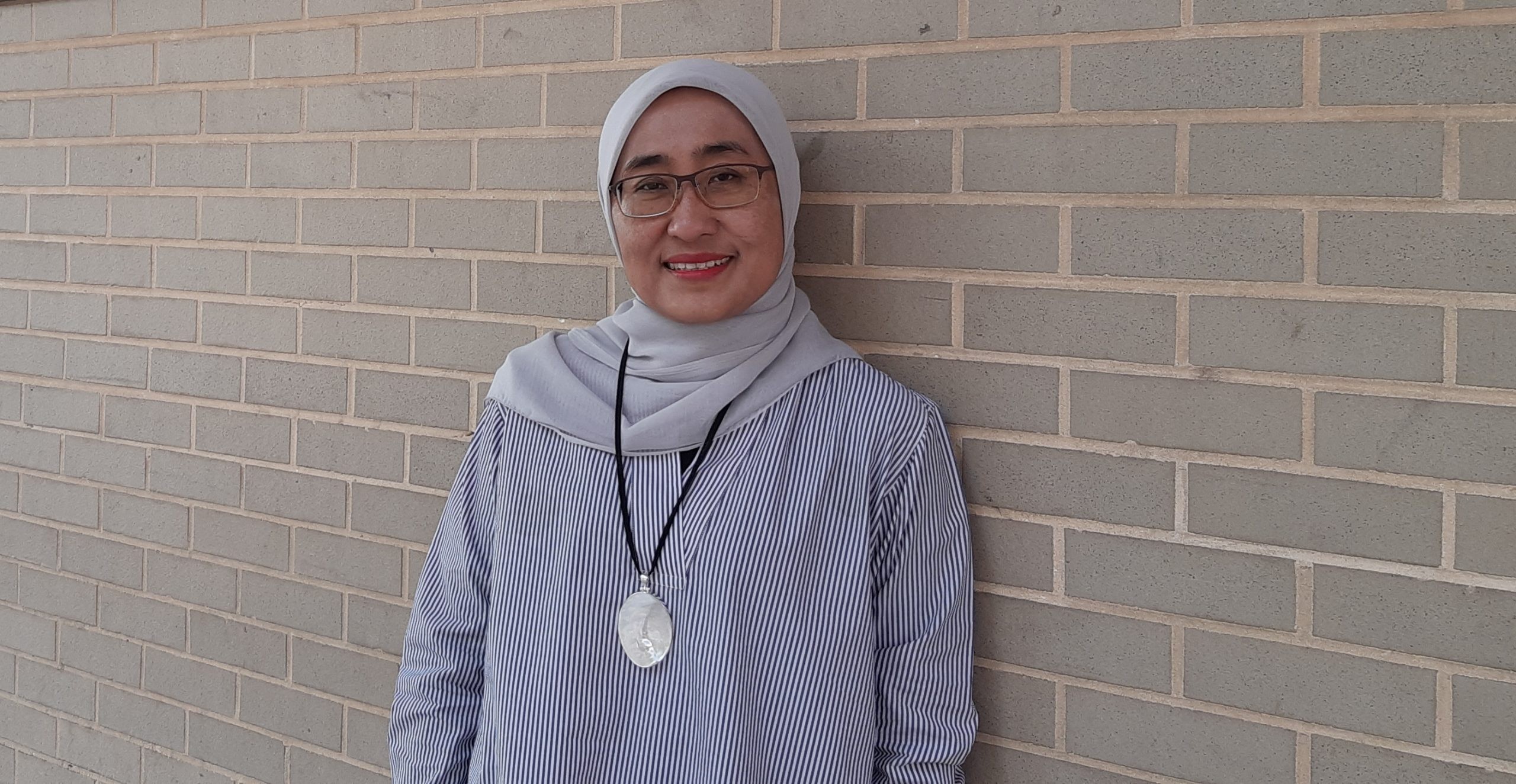UNAIR NEWS – UNAIR Faculty of Public Health (FKM) held an International Community Service Webinar entitled “Managing Waste into a Blessing, Cheap Healthcare Costs, Healthy Climate, and Healthy Humans” on Sunday, January 16, 2022. The webinar was broadcast live from the location of the service in Sulur, Jogomerto Village, Nganjuk Regency. The area has now been nominated as the Climate Village Program (Proklim), a competition related to village adaptivity in dealing with climate change.
Before the activity, the webinar was opened by the Dean of FKM UNAIR, Dr. Santi Martini, dr., M.Kes., in Jogomerto Village. Santi said that FKM UNAIR is present to assist in the mainstreaming of proper waste management and a clean-living culture in the area. However, the important point that she emphasized is the innovation in the village related to waste management.
“Maybe we think this trash is something worthless. However, in this village, the waste collected from these 1000 households can be worth around 46 million/day. Thus, the processing can go further than just being composted,” said the epidemiologist.
This process is a form of embodiment of a circular economy, where profit taking related to a product can benefit the business sector, society, and the environment. Santi emphasized that the method exemplified by Sumadi could be replicated in other areas.
“I express my gratitude to the IKA Commissariat of FKM UNAIR and the Indonesian Public Health Association for collaborating with us so that villages can be more capable in helping global efforts related to climate mitigation,” concluded Santi.
Sumadi is a local entrepreneur in Nganjuk Regency who has proven that waste processing can make tens of millions of profits. The method he applies is to ensure that the waste can always be reused/resold. Sumadi will distribute non-organic waste to the seller. Meanwhile, for organic waste, he developed a method where organic waste can be directly converted into fertilizer or compost.
Author: Pradnya Wicaksana
Editor: Nuri Hermawan





